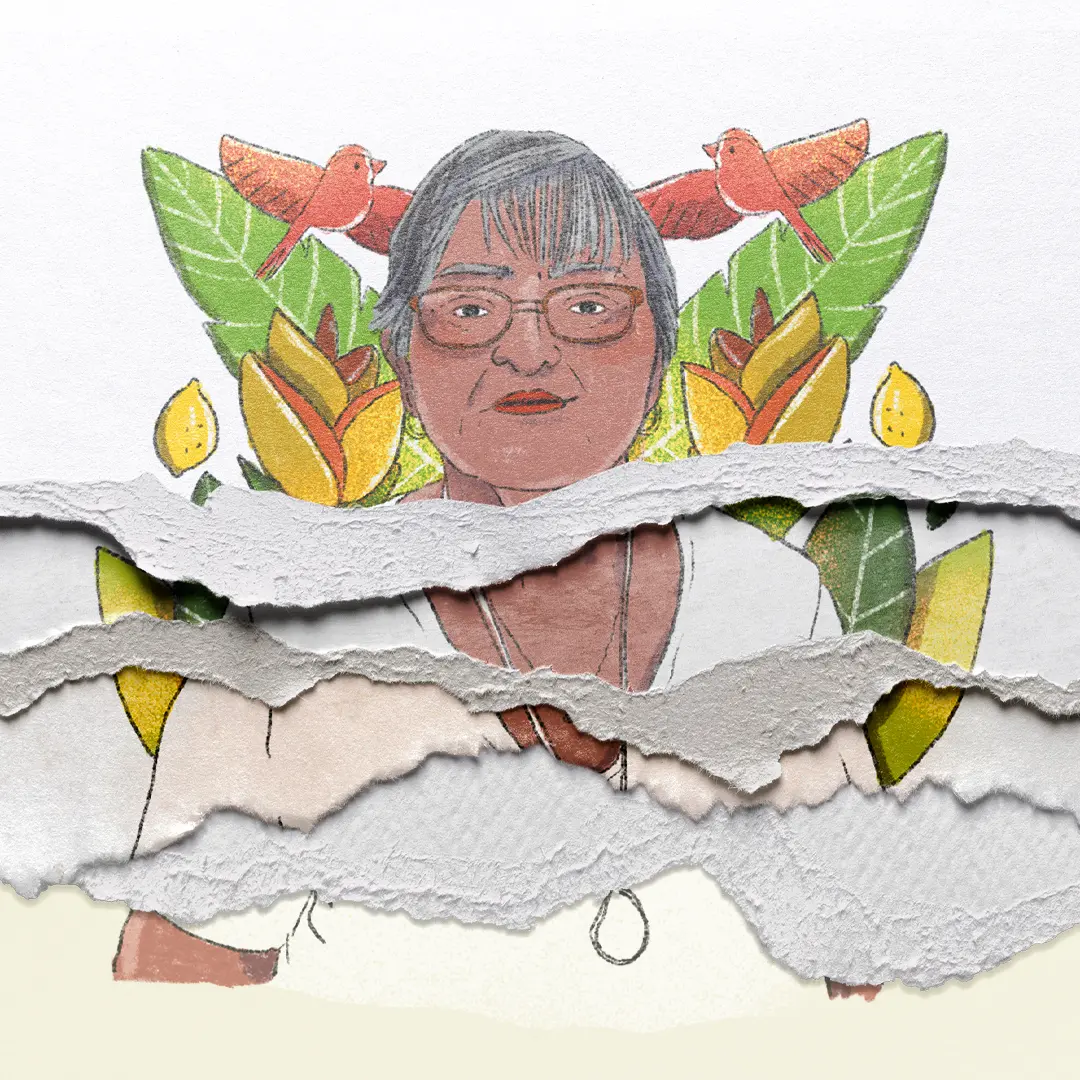Rosita Acosta, former domestic worker and founder of the Association of Women Domestic Workers (ASTRADOMES,)
Rosita is eighty-three years old. She began doing domestic work when she was barely thirteen years old and continued in that profession for thirty years. In 1990, when she was fifty, she finally decided to collectively organize, and her resistance began to take shape.
Rosita is eighty-three years old. She began doing domestic work when she was barely thirteen years old and continued in that profession for thirty years. In 1990, when she was fifty, she finally decided to collectively organize, and her resistance began to take shape.
There were many factors that pushed Rosita to fight: Her own experience in domestic work, for one. She was never paid her end-of-year bonus; she was never allowed to take vacation time; and she was denied all the labor rights contemplated by the law. She was also painfully familiar with her mother’s story in domestic work and the stories of other domestic workers, who are constantly denied their labor rights. Her desire to fight back turned into action and gained momentum when she joined the Costa Rican Women’s Alliance, a space that inspired her to create her own organization.
As her first act of defiance, in 1990, Rosita met with twenty other women at the San José Central Park, a place where migrants and domestic workers often gather, and later at the La Merced Park. These public places became meeting points where they discussed, reflected on, and strengthened their knowledge about labor rights.
A year later, in 1991, they decided to organize and founded ASTRADOMES. Of the twenty founders, only Rosita, who has never given up, remains; whether the organization had resources or not, she kept fighting.
Her struggle has yielded many victories and landmark moments, such as the amendments to the Domestic Workers’ Law in the Costa Rican Labor Code (2009). “We were able to include the eight-hour workday into the law, as well as the right to a single day off during the work week and paid holidays.” Despite this, after fourteen years, employers continue to flout the law. “Employers continue to infringe on the rights of domestic workers, especially if they are migrants, [we know this] because we work with immigrants and citizens.”
They also fought for the approval of the Agreement 189, which was approved in Costa Rica on October 21, 2013. “We got lawmakers to officially recognize Domestic Workers’ Day, which is on March 30.” This coincides with the International Day of Domestic Workers as recognized by the Latin American Caribbean Confederation of Domestic Workers (COLATRAHO,), of which we are members. Another victory was the approval of social security’s recognition of hourly workers in 2017.
“I didn’t want to die without witnessing the passage of the Domestic Workers’ Law. Since they approved it, it has felt like one of my biggest achievements, even if employers don’t fully comply. But we continue to fight; we’re working alongside the Ministry of Labor, the National Institute for Women (INAMU), and the Ombudsman’s Office to ensure that it is enforced.”
Rosita was honored both by INAMU’s Women’s Gallery and the Costa Rican Post Office, which printed her likeness on a stamp alongside two other women.

